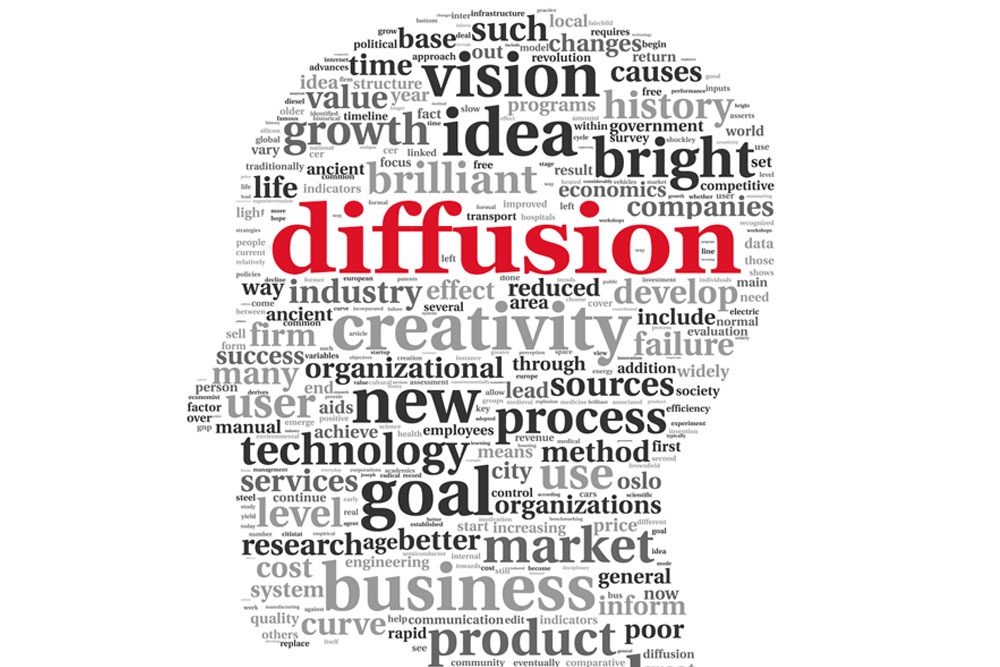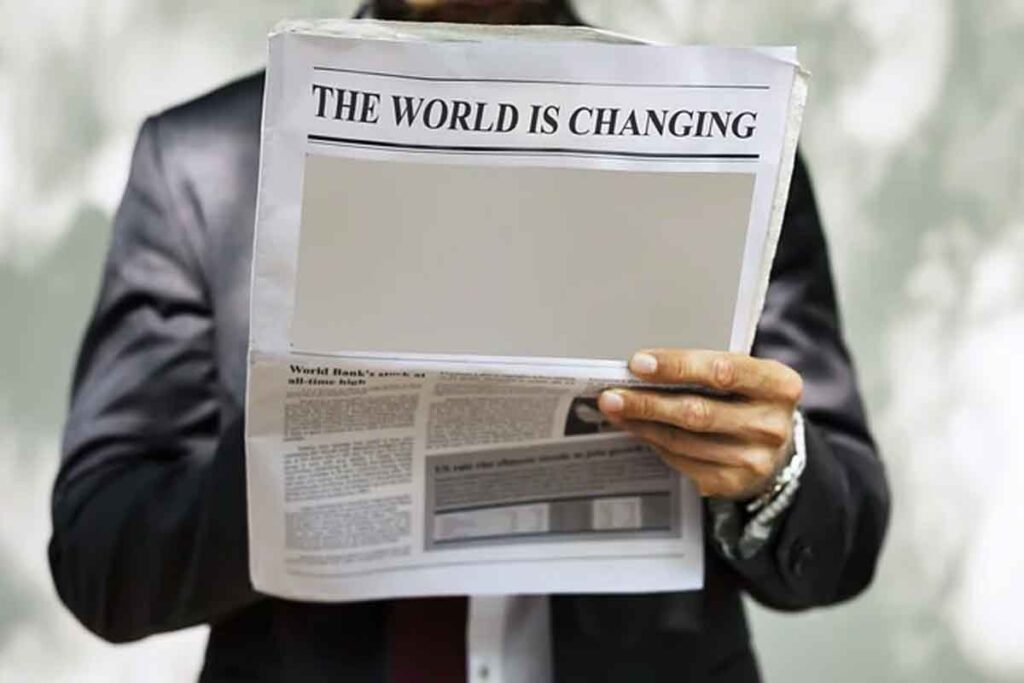Social diffusion refers to the spread of ideas, practices, and innovations from one person or group to others within a society. It is a key process in cultural and social change, as new ideas and technologies are adopted and spread throughout a population. Social diffusion can occur in many different ways, including through personal contacts, mass media, and digital communication networks. It can also happen at different speeds, from slow and gradual to rapid and widespread.
One example of social diffusion is the spread of a new fashion trend. It may start with a small group of early adopters, but as more and more people see and adopt the trend, it begins to diffuse through the larger population. Another example is the widespread adoption of new technologies, such as smartphones and social media, which have changed the way we communicate and access information.
Social diffusion can have a significant impact on society and can lead to cultural homogenization, as people adopt similar beliefs, values, and behaviors. However, it can also create new cultural diversity, as people adopt and adapt new ideas and practices in unique ways. Understanding social diffusion is important for businesses, governments, and other organizations as they seek to influence and shape social and cultural change.






